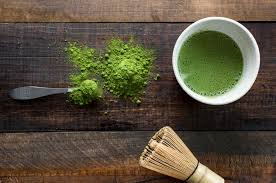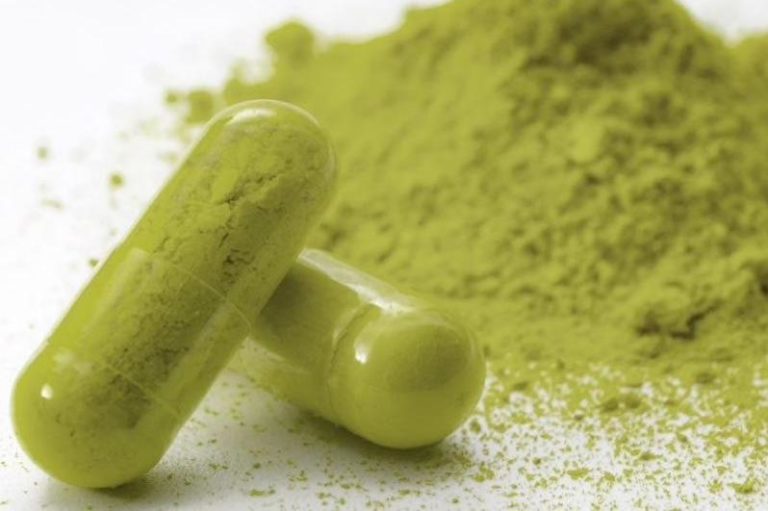Kratom Ban in Florida and New York: Here’s What you Need to Know

Federal efforts to ban kratom may be on the back burner – for now — but that isn’t stopping lawmakers in Florida and New York from introducing bills that would make the sale of kratom illegal in those states.
Millions of Americans use the herbal supplement to alleviate symptoms of anxiety, depression, addiction and chronic pain.
Florida State Rep. Kristin Jacobs (D) has reintroduced legislation that would add mitragynine and 7-hydroxymitragynine – the two active ingredients in kratom – to the state’s list of controlled substances. Selling, manufacturing or importing kratom in Florida would be a criminal misdemeanor if the bill becomes law.
Similar legislation has been reintroduced in New York by Assemblywoman Aileen Gunther (D), which would make the sale and distribution of kratom punishable with a fine of $2,000. After a third offense, retailers caught selling kratom would also lose their licenses to sell lottery tickets, alcohol, and tobacco – a far bigger financial penalty.
“This would be the nail in the kratom coffin for New York wouldn’t it?” said Fred Kaeser, the former Director of Health for New York City’s public schools.
Kaeser started using kratom a few months ago and found that it relieved his chronic back pain and reduced his need for opioid pain medication.
“Why ban something that has very limited empirical research behind it? Yet what research that does exist on kratom suggests promise as a real alternative to opioids. Why not advocate for more research to determine the true risk-benefit of this plant rather than a bill that shuts down that potential promise altogether?”
The Drug Enforcement Administration announced plans in August for the emergency scheduling of kratom as a Schedule I Controlled Substance, the same classification given to heroin, LSD, and marijuana. The DEA called kratom “an imminent hazard to public safety” and cited anecdotal reports that the herb was linked to several deaths.
The emergency scheduling was withdrawn after an unprecedented lobbying campaign by kratom users, retailers and some members of Congress. Over 23,000 comments were made on a federal website – the vast majority of them supporting the continued classification of kratom as a dietary supplement. The DEA said it would reevaluate its decision and ask the Food and Drug Administration to conduct a full scientific and medical review of kratom.
In 2015, the Florida Department of Law Enforcement released a report stating that “no pervasive health issues” have been attributed to kratom and the herb “does not constitute a significant risk to the safety or welfare of Florida residents.”
A survey of over 6,400 kratom users by Pain News Network and the American Kratom Association found that 98 percent did not consider kratom a harmful or dangerous substance. Three out of four also said they did not get “high” from using kratom.




